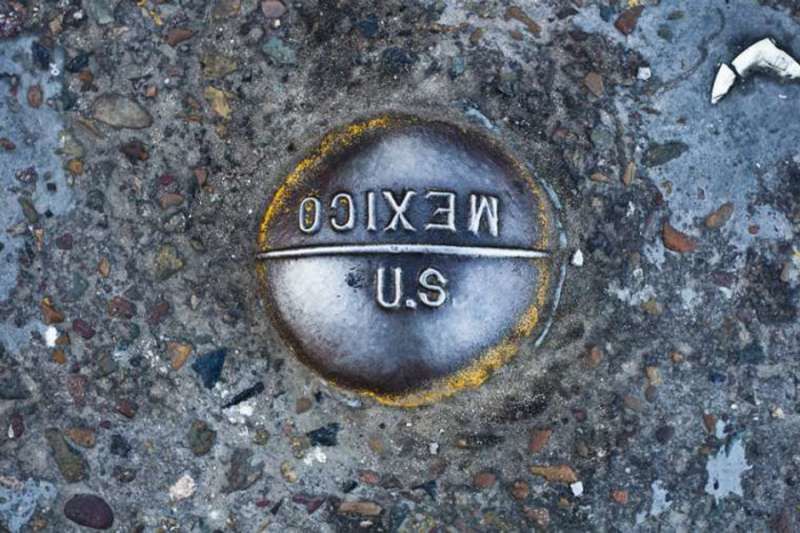The ‘not guilty’ verdict for a U.S. border agent who shot and killed a Mexican teen is “deeply troubling” and raises “serious issues of justice and accountability,” said Bishop Edward J. Weisenburger of Tucson, Ariz.
“I find myself in a close bond of fraternity and solidarity with the family of Jose Antonio Elena Rodriguez and the many who have been unable to achieve the kind of authentic justice upon which our nation was founded,” the bishop said April 24.
rn
rn“While we are privileged to live in a nation whose greatness is rooted in its democracy and fair treatment of all, such decisions reveal that our democratic institutions are not without flaws and occasionally grave injustices,” he said.
The bishop also acknowledged the difficult job of border patrol agents, as well as their important contributions.
Elena Rodriguez, 16, was reportedly among a group on Mexican territory throwing rocks across the border at the border fence in the city of Nogales the night of Oct. 10, 2012. Border Patrol agent Lonnie Swartz was accused of shooting through the fence, killing the teen.
The agent allegedly fired his pistol 16 times in 34 seconds from three different locations. Rodriguez was hit eight times in the back and twice in the head. Federal prosecutors said the fact that Swartz continued to shoot after the teen was on the ground showed that he acted deliberately or recklessly in disregard of human life.
The agent’s attorneys said the shooting was justified and given that the teen was killed by one of the first shots, the other shots are legally irrelevant. They said the agent was in a chaotic scenario in a dangerous area known for smuggling. Swartz in his testimony said he had to make a split-second decision whether to defend himself and his fellow law enforcement officers at night.
Jurors deliberated for four days after a weeks-long trial in U.S. District Court, finding Swartz not guilty of second-degree murder. On April 23 they told Judge Raner Collins they did not believe they could reach a unanimous verdict on the two lesser charges of voluntary or involuntary manslaughter.
Bishop Weisenburger reflected on both the situation of border patrol and of the treatment of other people on the border.
“We must keep in mind that customs and border control agents are oftentimes placed in situations of great danger,” he said. “Too, there are times when their efforts have resulted in saving the lives of those in great peril. We rely upon their high degree of professionalism and integrity.”
“However, I respectfully call for continued scrutiny of the methods and procedures employed by those who secure our nation’s borders, for transparent accountability, for a renewed sense of dignity and the humane treatment of all persons regardless of their legal status, and for authentic justice when human rights are denied.”
The bishop said that although law enforcement is the primary issue in the jury decision, the case is “yet another reminder of our broken immigration system.” The U.S. bishops and the Arizona Catholic Conference are both committed to advocating comprehensive immigration reform in Congress, he said.
This proposed reform is based on key values like affirming human dignity regardless of a person's legal status, the right to have a well-regulated border, the right of people to immigrate, and “an orderly process to welcome new immigrants whose inalienable human dignity must always be respected.”
rn

